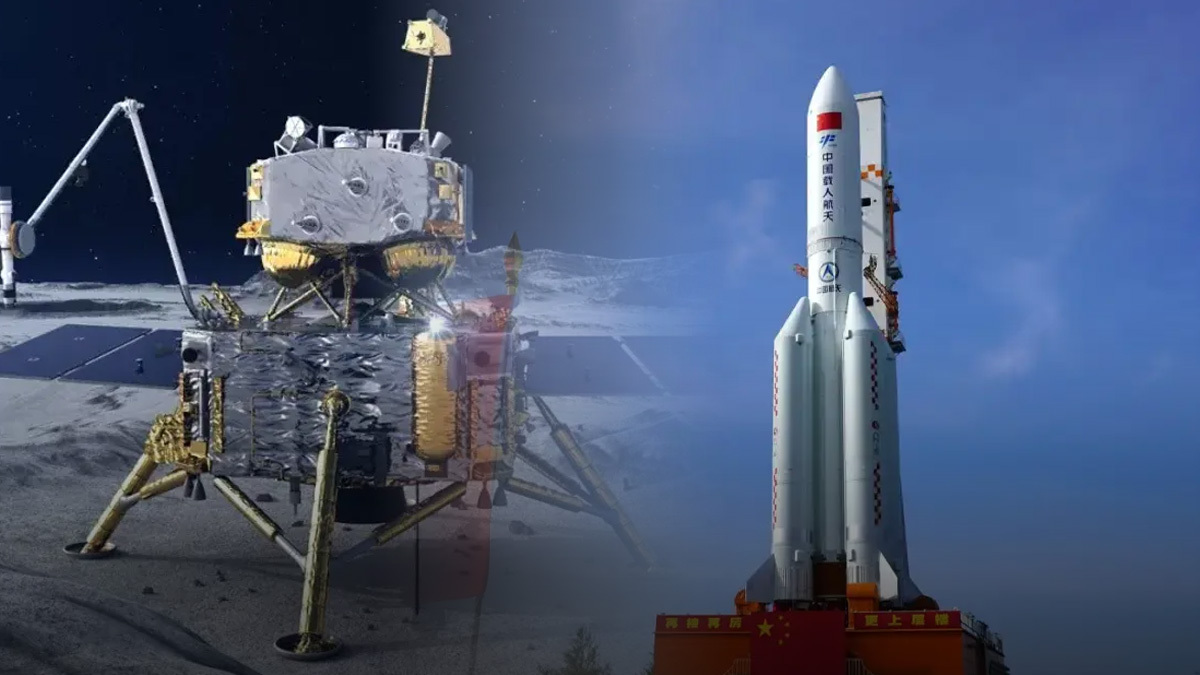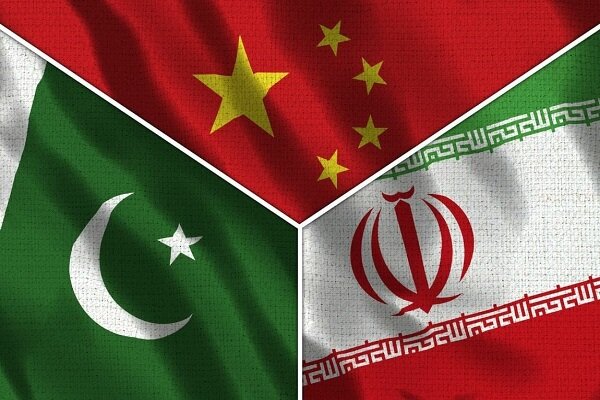Pakistan is set to mark a significant milestone in its space exploration journey as its historic lunar mission, ICUBE-Q, prepares for launch alongside China’s Chang’e6 spacecraft. Scheduled for May 3rd, 1250 PST, the mission represents a collaborative effort between Pakistan’s Institute of Space Technology (IST), China’s Shanghai University SJTU, and Pakistan’s national space agency, SUPARCO.
ICUBE-Q, designed and developed by IST, is equipped with two optical cameras aimed at capturing high-resolution images of the lunar surface. Following rigorous testing and qualification, the satellite has been integrated into the Chang’e6 mission, which marks the sixth installment in China’s lunar exploration series.
CubeSats, like ICUBE-Q, are miniature satellites known for their small size and standardized design. Weighing only a few kilograms, these satellites are deployed for various scientific, technological, and educational purposes. Their compact size and relatively low cost make them ideal for universities, research institutions, and commercial entities to participate in space missions.
Chang’e6, the main spacecraft of the mission, is poised to land on the far side of the Moon to collect samples for research upon its return to Earth. This endeavor holds immense significance for Pakistan, as it not only showcases the country’s capabilities in space technology but also underscores its collaborative efforts in international space exploration endeavors.
The launch event will be broadcast live on IST’s website and social media platforms, allowing enthusiasts worldwide to witness this historic moment. Through initiatives like ICUBE-Q, Pakistan is not only expanding its footprint in space exploration but also fostering cooperation and innovation in the global space community.

















